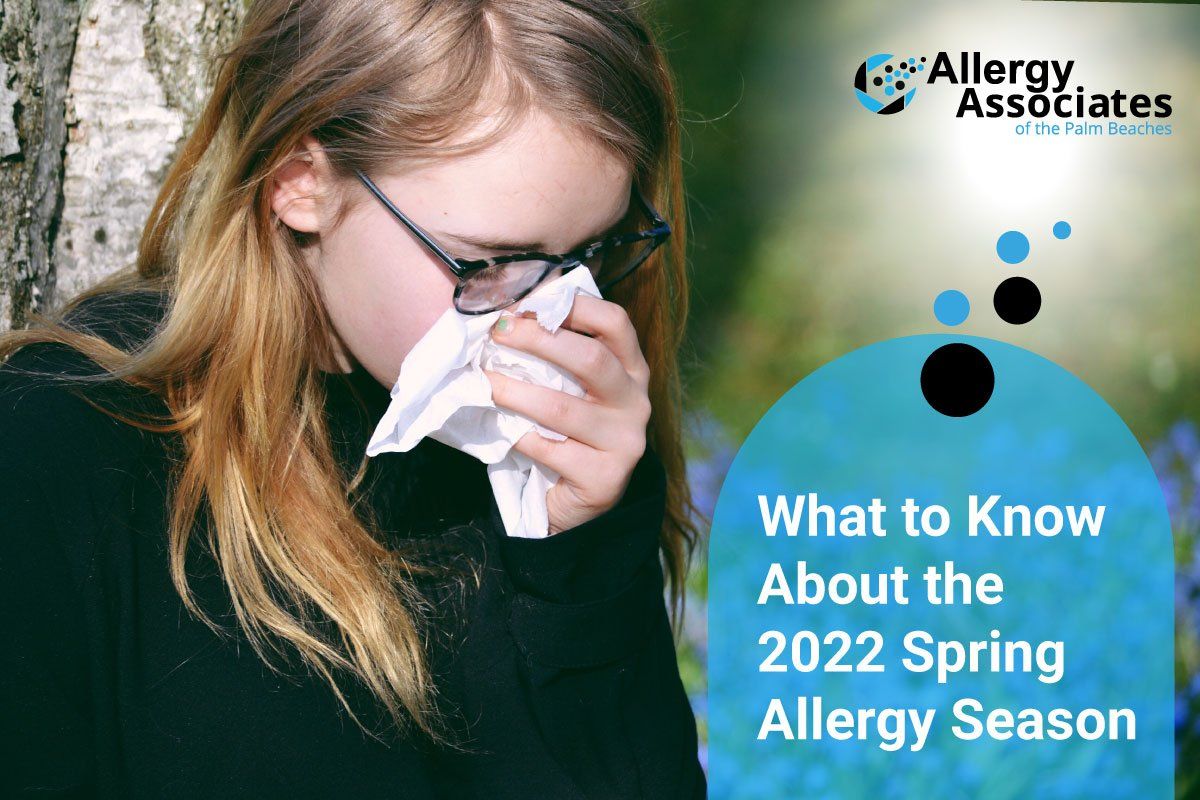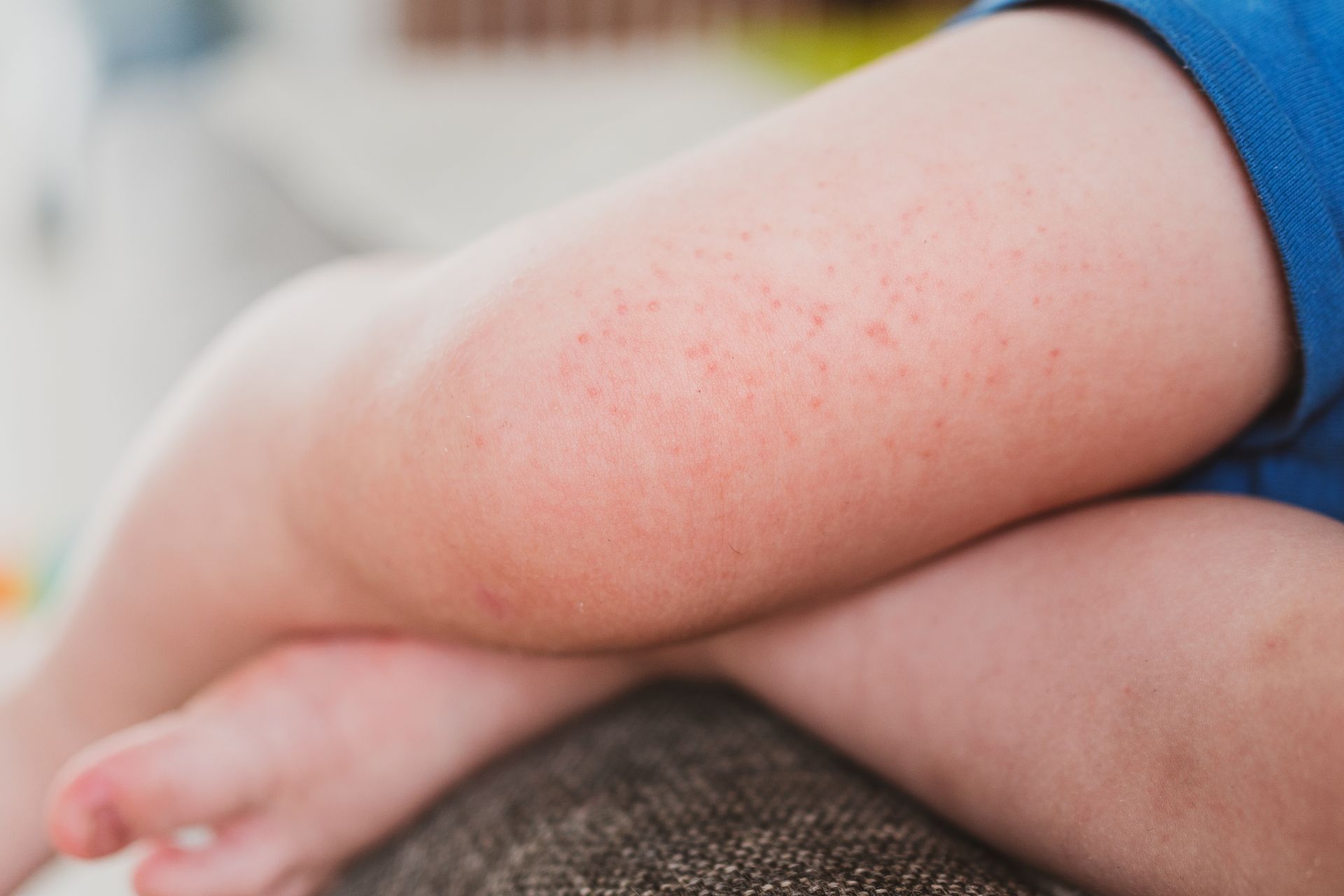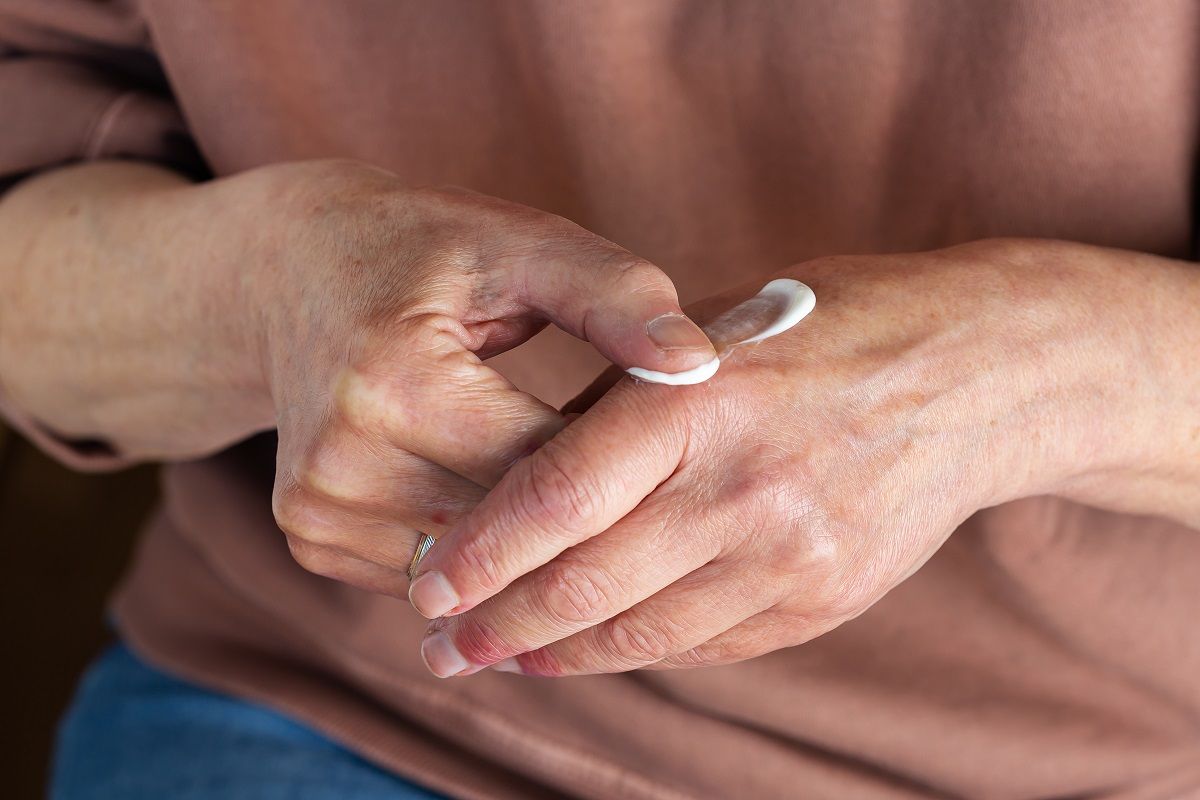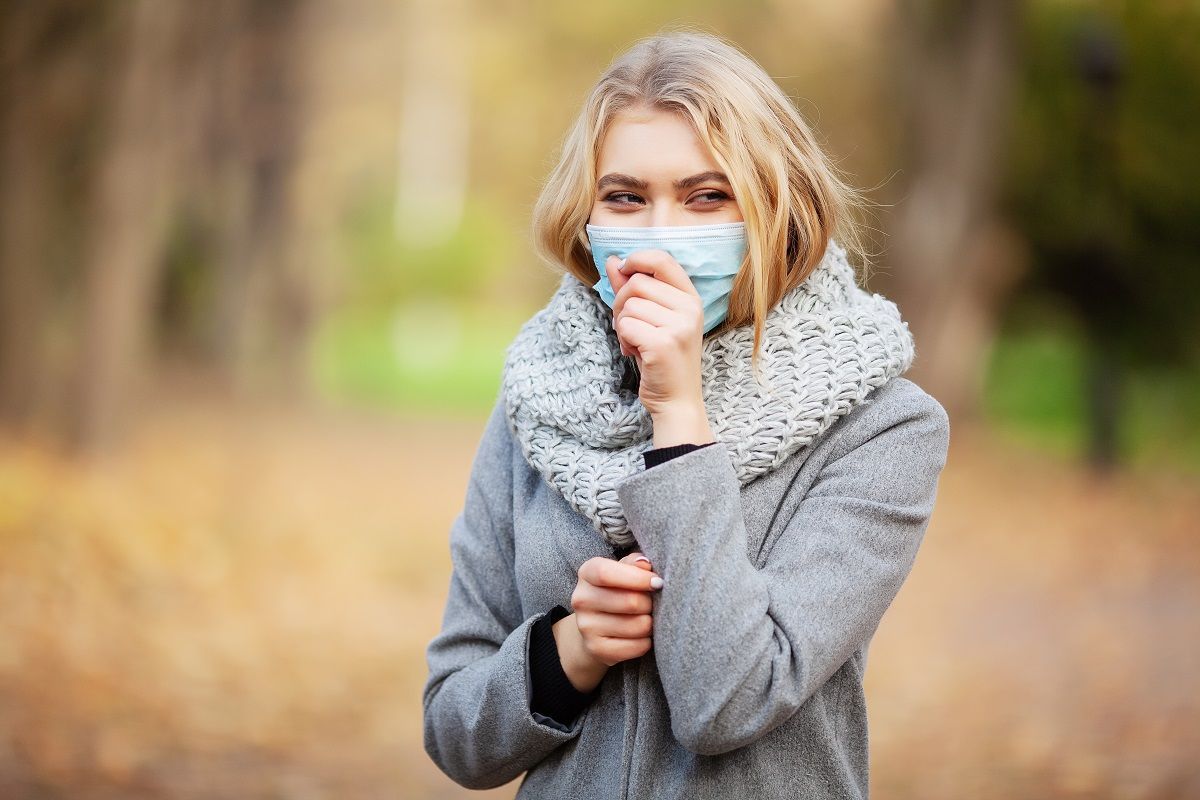
It's that time of year again. The air is warm, the flowers are blooming, and for many people, this can only mean one thing: It's now allergy season. While spring can be a beautiful season, it's also notorious for triggering severe allergy symptoms in countless individuals. It can be worse than usual, especially for those who live in certain parts of the country.
The state of Florida is a hot spot for allergy sufferers. So, is allergy season worse this year in the Sunshine state? Generally, pollen counts appear to be higher this year than usual. More residents have allergy-related pollen sensitivities than ever before, so residents should prepare to face a strong pollen season. In preparation for the annual allergy season, here are some important facts every Floridian should know.
Spring Time Allergies Starts Early and Intensifies This Year
The 2022 spring allergy season has sprung with a bang in Florida. This year's sneeze season is expected to start earlier and lasts longer as the average weather temperatures increase. A combination of factors, including higher temperatures, strong winds, and vegetation blooming throughout the winter, led to an early and rapid pollen bloom.
Pollen levels were already high in some parts of the state at the end of February.
The pollen count for most of Florida is going up, especially along the coast. Spring pollen levels will be higher than average from mid-February through late May. Count on itchy eyes, sneezing, and congestion until then! Individuals should expect symptoms to continue throughout the year, with different allergies at their peak depending on the month.
Many people suffer from year-round allergies because Florida's climate supports many plants, trees, and grass that cause allergies, including oak trees and Bermuda grass. In spring, tree pollen can pose a problem, while grass pollen causes problems in late spring and early summer. The other big difference between Florida and other states is humidity.
Mold and mildew allergy triggers thrive in humid conditions because moisture helps them spread more rapidly and easily through the air.
Longer Allergy Seasons May Be Linked to Climate Change
Have you noticed that your allergy symptoms worsen as the seasons change? Studies predict that this will be one of the worst years for allergies on record because of climate change. Allergy experts say warmer temperatures increase pollen production and lengthen allergy seasons by several weeks. Add the increasing levels of carbon dioxide emissions to the mix, and you have the perfect combination for an intense season.
Carbon dioxide (CO2) promotes photosynthesis, causing plants to grow bigger and release more pollen, making symptoms more severe even during shorter allergy seasons. The
CCIA report states CO2 may have a stronger impact on pollen levels in the future than temperature. A significant temperature increase in northern regions will cause the pollen season to change rather than in the southern areas. The southeastern states, such as Georgia, Florida, and South Carolina, are likely to see an increase in grass and weed pollen in the coming years.
Likewise, the CCIA estimates that U.S. pollen levels will rise by 200 percent if greenhouse gas emissions from cars, power plants, and others remain high. In that case, the spring pollen season would begin approximately 40 days earlier and continue for an additional 19 days. In comparison with previous time frames, that's a significant increase.
How Can Floridians Stay Ahead of Allergies?
It's essential to be prepared for allergy season before it starts to avoid the unpleasant symptoms of allergic rhinitis, such as runny/congested nose, sneezing, and itchy eyes. Here are some vital allergy season tips to get control of it!
Start Taking Medication Early
To prevent or lessen an allergic reaction, start taking antihistamines early if you have a history of allergies. Allergy specialists can prescribe antihistamines or recommend over-the-counter options that can help prevent allergies from developing in the first place. Furthermore, prescription options, such as immunotherapies, can help control allergies. If you suffer from severe allergies and prefer not to take medication every day, ask your doctor about the different allergy shot options.
Monitor Pollen Forecasts
The pollen levels vary every day, just as humidity and rainfall do, so it's best to keep an eye on the forecasts so you can plan ahead of time. The local television and radio stations usually provide daily pollen forecasts during allergy season. Some websites, like Pollen, offer the latest allergy levels and pollen count information. Local weather forecasts may also include information on expected pollen levels across the state.
Avoid Outdoor Activities If Pollen Counts Are High
Stay indoors when pollen counts are high — usually in the morning and on windy days. Wear sunglasses and a hat to prevent pollen from getting into your eyes or hair when you go outside.
You can also minimize your exposure to pollen by wearing a mask that covers your nose and mouth. In addition, avoid activities that increase your exposure to pollen, such as mowing the lawn, walking in the woods, or gardening.
Don't Bring Pollen Inside the House
After a time spent outdoors, change your clothes immediately. Don't forget to shower right away and before you go to bed so pollen won't settle in your bedding. Furthermore, you should avoid sitting on couches and beds with potentially pollen-laden clothing. Keep windows closed at home or in your car and use the air conditioner instead.
Last but not least, avoid drying your clothes outside if you can. If you have to dry clothes outside, shake them out thoroughly to remove pollen before bringing them inside.
Check Your Air Ventilation System
We recommend that you schedule an HVAC inspection before allergy season gets underway. Ensure there aren't any hidden dangers lurking in your ductwork that could cause problems over the next few months! Install an air purifier that includes a HEPA filter to help eliminate pollen and pet dander. You can also buy a dehumidifier to reduce moisture in the air, especially in bathrooms, kitchens, and basements. Check it regularly and change the filter as directed by the manufacturer.
Declutter Your House
Cluttered rooms are breeding grounds for dust mites and other allergens that can make you sneeze and cough. Clean mold spores from window sills and other indoor surfaces regularly with a damp cloth or mop. Take the time to go through your home and eliminate clutter before allergy season arrives.
Breeze through the Allergy Season!
Allergy season is upon us, and effective treatment strategies begin with an accurate diagnosis by an allergy specialist.
At Allergy Associates of the Palm Beaches, we can help you breeze through this season of sniffles and sneezes! After undergoing a thorough evaluation, we can recommend the best allergy management, which may include medication or immunotherapy (allergy shots).
Schedule a consultation with us! Give us a call at 23423432 or
find a clinic near you!
Allergy Associates of the Palm Beaches
Allergy Associates of the Palm Beaches | All Rights Reserved.










